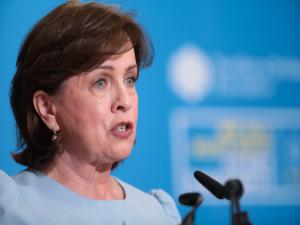
By Rebecca Black, PA
Stormont’s economy minister has called on Chancellor Rishi Sunak to “step up” to save jobs.
Diane Dodds was speaking as the second wave of the coronavirus pandemic appears likely to result in further restrictions, placing businesses under more pressure.
According to modelling carried out by her department, unemployment is set to reach 100,000 by the end of the year, levels not seen in the region since the 1990s.
With the furlough scheme set to end this month, Mrs Dodds has urged the Government in London to do more as she described the new jobs support scheme as “not enough”.
She told the BBC: “The Executive has written to the Chancellor, I personally have written to the Chancellor, I speak to the Secretary of State for Business because I think we will need UK-wide interventions that will help us in very difficult times.”
Mrs Dodds said she fears the new scheme will help employers who want to keep very highly skilled workers, but will not have an impact on other workers in the labour market.
“Therefore I don’t think that scheme he has introduced that will replace the furlough scheme is enough to see us through very difficult and testing times,” she said.
“And of course the self-employed scheme, which was running at 70%, is now back down to 20%. So all of these schemes that are coming in as replacements for what we have had are predicated on a very full, functioning economy and we know that these are difficult, precarious and uncertain times, and that action will have to be taken in relation to the transmission of the virus.
“I think the Chancellor should look again and see what further help he can give and whether or not it appropriate in certain sectors which will have a long tail of recovery – hospitality, tourism, aerospace to name but a few – these sectors deserve additional support.”
The Stormont Executive is set to discuss potential further restrictions on Thursday to stem the spread of the virus.
Deputy First Minister Michelle O’Neill has insisted “everything should be on the table”, adding it appears further restrictions are inevitable due to rising case numbers.
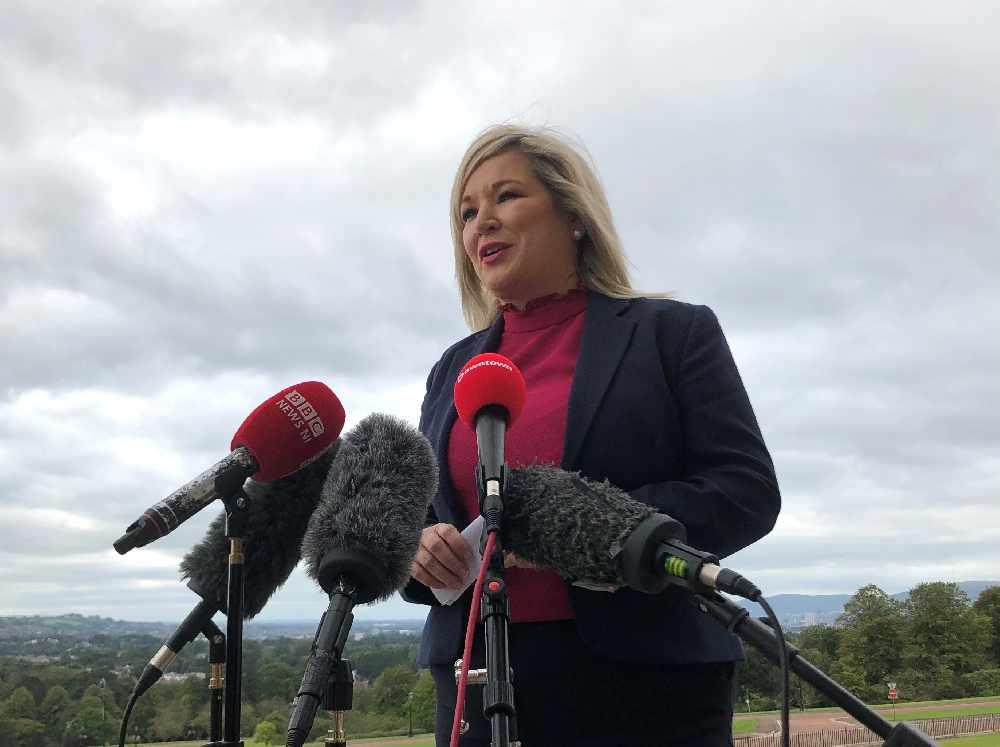
Michelle O'Neill
Mrs Dodds said any measures taken need to be a “proportionate and appropriate response” to the spread of the virus, and backed up by UK-wide measures to ensure families and individuals are supported.
She added: “Health and the economy are absolutely interlinked, a poor functioning economy, high levels of unemployment will give very poor health outcomes, increased mental health problems, increased suicide problems and very poor outcomes for families and communities.”


 Social media warning ahead of inquest into death of Noah Donohoe
Social media warning ahead of inquest into death of Noah Donohoe
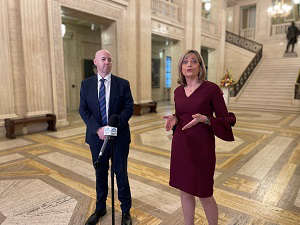 Former senior police officer Jon Burrows confirms UUP leadership bid
Former senior police officer Jon Burrows confirms UUP leadership bid
 Man’s body found in Cookstown in search for missing 21-year-old
Man’s body found in Cookstown in search for missing 21-year-old
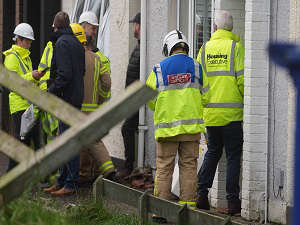 Two taken to hospital following suspected gas explosion in east Belfast
Two taken to hospital following suspected gas explosion in east Belfast
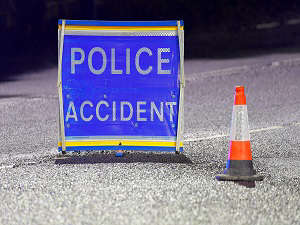 Man critically ill in hospital following road crash in Co Tyrone n
Man critically ill in hospital following road crash in Co Tyrone n